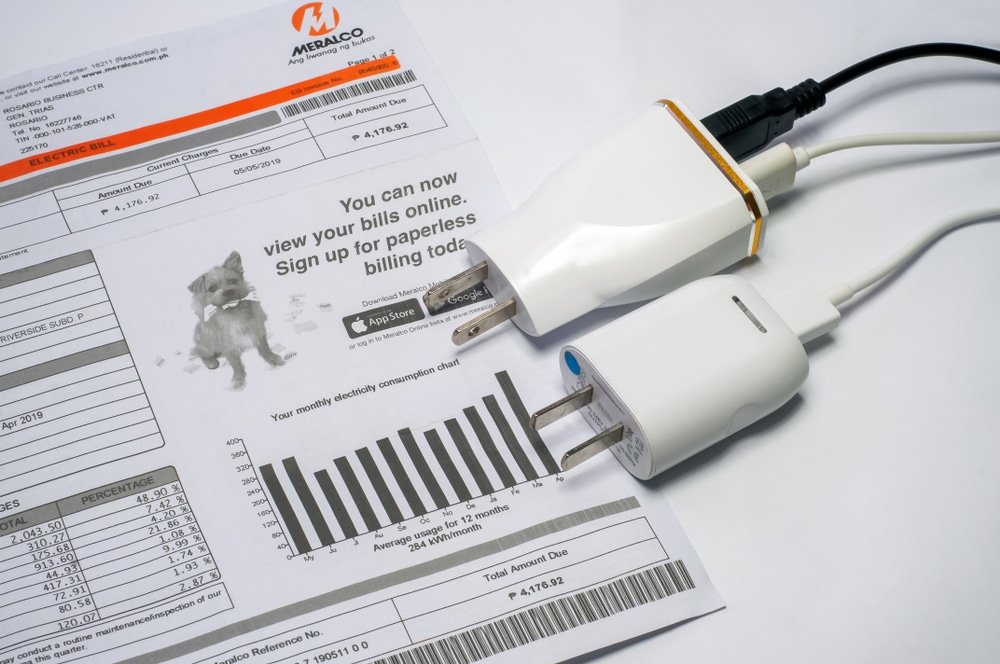
Your Survival Guide on Getting Through 2024 without an Electric Bill Shock
- October 7, 2024
July 2024 saw a delay in electricity bills for many consumers.
According to Meralco, this is because they awaited the recommendation of the Energy Regulatory Commission (ERC) for the most reasonable charges for consumers given the recent surge in electricity prices.
Rates increased by PHP2.00 as a result of the Wholesale Electricity Spot Market (WESM), the Independent Power Producers (IPPs) and Power Supply Agreements (PSAs) all raising their generation prices.
What does this mean for consumers? If you weren’t billed for a period, expect deferred generation charges in your upcoming bills. This is in response to the ERC’s mandate of staggered collection of charges from Meralco from June-September 2024. Both entities are committed to soften the blow that is a consequence of scarce power supply in the Luzon grid.
Meralco will adjust bill due dates accordingly with the delays, giving consumers ample time to prepare for paying their bills. At present, the typical household’s overall rate has risen from P9.45 to P11.60 per kWh.
Here’s a chart to help you ballpark your upcoming Meralco bill:
| Household Consumption | Rate per kWh in June 2024 | July 2024 Rates |
Possible Increase in Bill |
| 200 kWh | P9.45/kWh | P11.60/kWh | Php 430 |
| 400 kWh | P10.07/kWh | P12.22/kWh | Php 860 |
| 800 kWh | P10.63/kWh | P12.78/kWh | Php 1720 |
Preparing for the Surge
Before we can enjoy the advancements in renewable energy for sustainability, we must first figure out sustainable energy consumption in the period where prices peak due to ever-increasing industrial demand and ever-depleting traditional energy supply.
To ensure energy security for your household even during times of flux, it’s important that you know how to read your bill and understand what you’re paying for.
There are many factors behind price hikes, including:
- The heat index and high demand for air conditioning
- Increase in number and usage of appliances
- Spikes in electricity rates and consumption
- Generation Charge – around 55% of your bill is comprised of this. This is what Meralco uses to pay its suppliers, including independent power producers (IPPs) among others.
- Distribution charge – 17% of your bill is comprised of Meralco’s maintenance and operation of their power lines, transformers, and other distribution equipment.
- Transmission charge – The National Grid Corporation of the Philippines (NGCP) takes a 10.1% charge for transmission of power from plants to distribution companies.
- Taxes – 11.7% is allocated for the Missionary Electrification Charge, TRAC, VAT, and local franchise tax.
- Miscellaneous – The last 5.7% of your bill is comprised of subsidies for senior citizens and low-income populations, feed-in tariff allowances, and system loss
Although many of these factors are beyond consumers’ control, you can still take charge of your own consumption with the following tips:
- Learn to read your electricity meter. Digital meters and submeters are straighforward, but for electromechanical meters, read the dials from left to right and choose the smaller number on the pointer.
- Estimate the consumption of your appliances. You can do this by measuring two factors – quantity and quantity. For example, a lightbulb on for 8 hours consumes more energy than one on for 4 hours. However, the quality of and appliance- such as the age of the model or its energy saving properties- is also a factor in how much energy it consumes. Apart from reducing the quantity you use, investing in upgrading your appliances to power-efficient models is a sound choice for long-term sustainability.
- Compute your energy usage. Meralco has an appliance usage calculator for your convenience. To calculate manually, follow this formula:
(W x Hours per day)/1,000 = kWh per day
Multiply the wattage of your appliance by the hours of usage, then divide it by 1000 to determine its daily kilowatt usage. You can use this information to verify your bill charges, as well as reduce electricty usage.
In uncertain times, it pays off to be knowledgeable about how and why you’re being charged for your consumption, and empower yourself by understanding the factors behind it, advocating for your consumer rights and changing what you can control.



